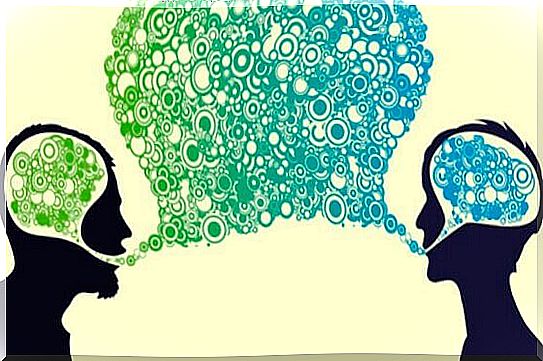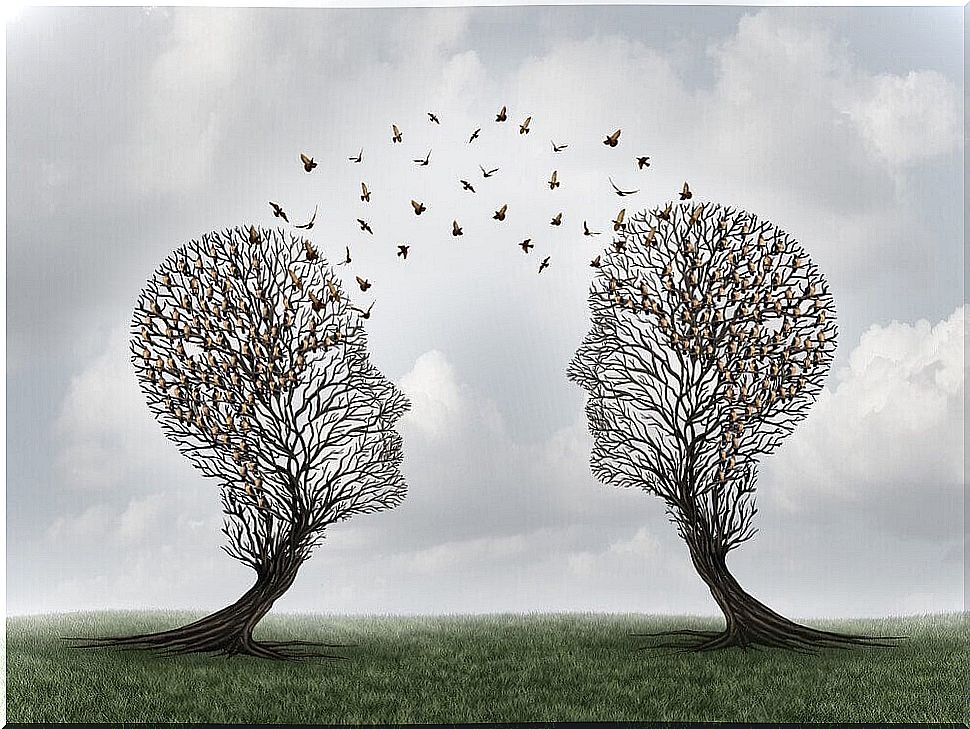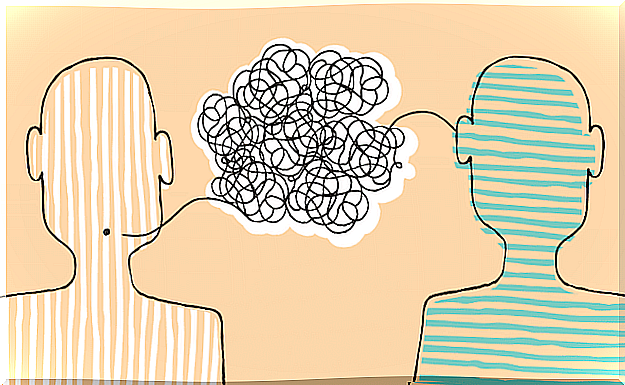The Importance Of Conscious Communication

Our communication with the environment begins in the mother’s womb: we react to stimuli, although these responses are not thought out. As we grow, our communication is shaped, practiced and modified to respond to certain social patterns. So there comes a time when we can talk about intentional communication and conscious communication.
Communicating our needs facilitates survival, establishing bonds with the people around us. It is something natural that spontaneously arises in us. However, recently a lot has been said about another type of communication: conscious communication.
Being aware of the present moment is what mindfulness, mindfulness, or mindful communication gives us. In a world like today, where the way we communicate with the environment is multiple, there are studies that recommend that we focus on a single task at a time, facing the modern temptation to work in a multitasking mode or with divided attention. This includes both producing and receiving information. Communicating is not just producing information, but also knowing how to interpret it.
What is mindfulness?
We often know what we say, we firmly believe in our point of view, but we divide our attention when we receive messages. So, let’s reflect: do we really listen or do we not pay attention to what the other says, simply wanting to get the word back? Are we aware of our non-verbal communication? For better or for worse, it conveys most of the messages we communicate.

Being a conscious communicator is precisely that: participating in all of our communication. And it’s not an easy process; it is necessary to start in schools, where some exercises related to conscious communication are already practiced. For example, empathy and acceptance exercises are a good way to introduce children to this topic. Emotions are fundamental to our daily lives and mastering them takes a lot of patience and practice, although we sometimes forget that.
Being aware or aware involves not giving in to irritation or anger in communicating with others. Knowing when to let go of emotions is a sign of conscious communication, and emotional intelligence will help us in this task. An emotional intelligence that manifests itself in mastering our emotions as well as accepting others’ emotions.
How to practice conscious communication?
The first step to follow when we want to be conscious communicators is to understand that communication is a process. Wanting to be aware or aware does not mean to be like that. This skill covers many areas:
- Spelling and good dialectics. A person who makes spelling mistakes, who bases his language on crutches, or who doesn’t structure his speech correctly is a communicator who impairs his own communication. The word is one of our first cover letters, so speaking correctly is always a good idea.
- Lack of emotions in speech. Communication is not based solely on the transmission of information; if we only produce information, it will be more difficult to reach the recipients of the message. If we speak with emotion, we will gain the attention and empathy of others. The effect will be immediate: the audience will feel part of the communication process, we will have their involvement, their attention. It also increases the likelihood that our message will be imprinted on your memory.
- Non-verbal communication. Nonverbal communication refers not only to gestures and other types of body language, but also to implicit or pragmatic information that we share with our interlocutor. So let’s try to take care of both aspects: it is important that our body language indicates that we are open to dialogue and other ways of thinking. Furthermore, pragmatic elements are fundamental. Implied language or emotions, social codes that we share or reject, must continually be in our minds for us to understand the people with whom we communicate.
- Responsibility in relation to feelings. Not everyone feels the same way and therefore we don’t express our emotions equally. If we want something from others, we must find the most appropriate way to ask for what we want.

In short, being a conscious communicator makes us more efficient, more empathetic communicators, and allows us to express ourselves in a way that is more adapted to our social context and to create stronger social bonds. We are talking about a difficult process, because it will imply, among other achievements, identifying and recognizing our current mistakes, but it will also be worth reaping its fruits.









